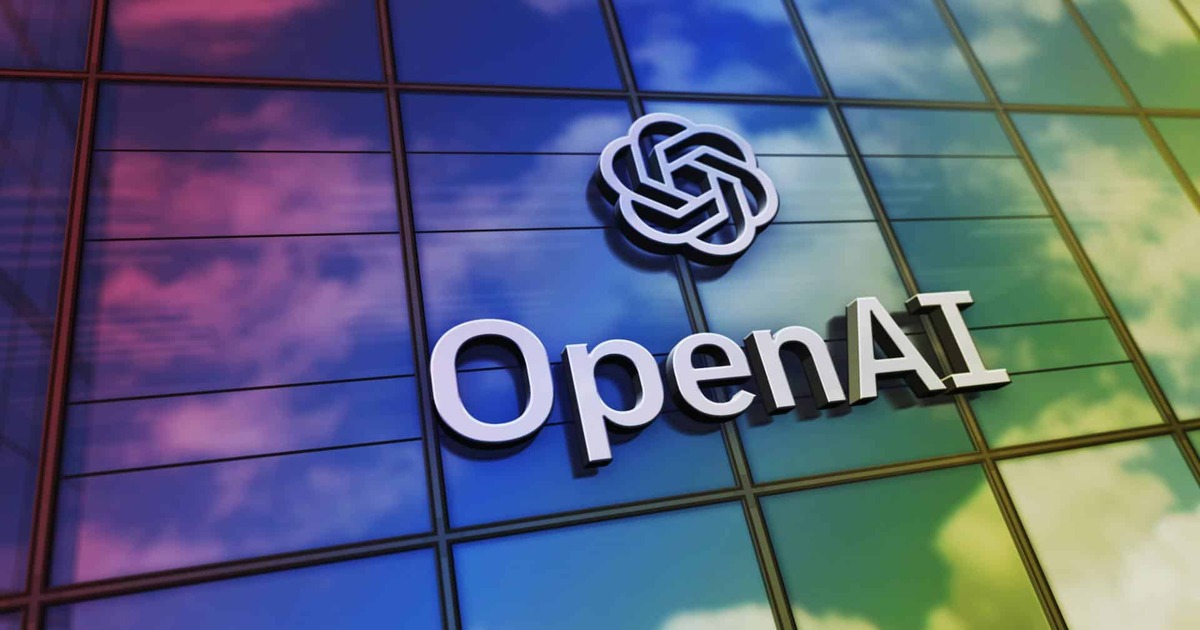A bipartisan group of senators has introduced a new bill to combat deep fakes, copyright infringement, and AI training on data not intended for that purpose.
A bipartisan group of Senators has introduced a new bill to enhance the protection of creators’ rights and combat artificial intelligence deep fakes through the “watermarking” content mechanism.
Led by Democrat Senator Maria Cantwell, the new bill delineates several measures to restrict the types of content that AI can be trained on, enhance protections for online creators, and clamp down on AI-generated content.
The Content Origin Protection and Integrity from Edited and Deepfaked Media Act, or COPIED for short, is a bill that proposes a standardized method for watermarking AI-generated content on the internet.
Furthermore, the bill proposes implementing guidelines that will necessitate AI service providers to provide creators with the ability to incorporate information regarding the originality of their content in an indestructible manner by AI tools.

In a statement to the US Senate Committee on Commerce, Science, and Transportation on July 11, Senator Cantwell stated that the COPIED Act will aim to provide “much-needed transparency” into AI-generated content.
“The COPIED Act will also restore content control to creators, such as local journalists, artists, and musicians, through a provenance and watermark process that I believe is highly necessary,” she continued.
US publishing behemoth The New York Times filed a lawsuit against the world’s leading AI firm, OpenAI, for copyright and intellectual property violations, which sparked criticism of AI’s capacity to scrape vast quantities of data from the web.
Microsoft and Apple, two of the most prominent technology companies in the world, have recently disassociated themselves from OpenAI in response to the increasing apprehensions of global regulators regarding data and privacy violations.
Microsoft informed OpenAI of its decision to withdraw from the board in a letter dated July 10, one year after the Windows software manufacturer invested $13 billion in the company.
In June, European Union regulators disclosed that OpenAI may be subject to an antitrust investigation by the European Union due to its partnership with Microsoft.



